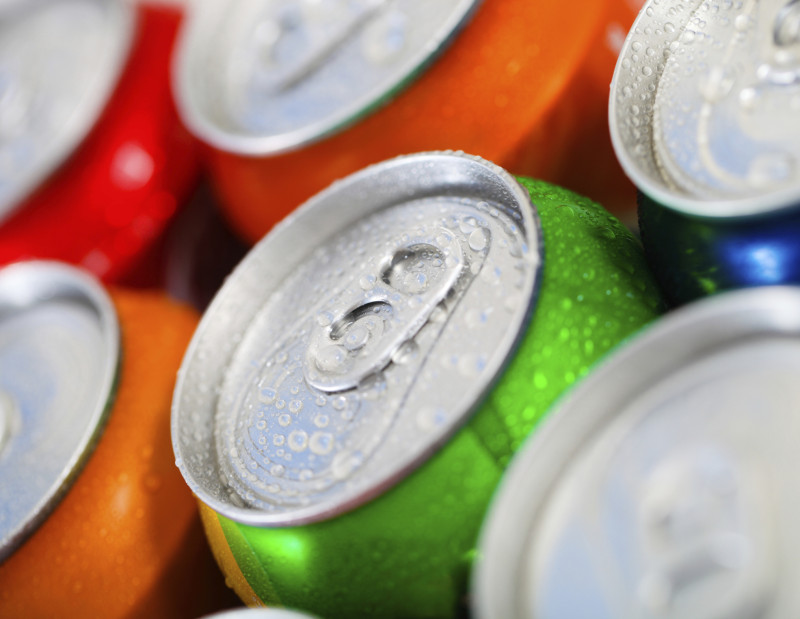Philadelphia became the first major U.S. city with a soda tax on Thursday despite a multimillion-dollar campaign by the beverage industry to block it.
Only Berkeley, Calif. has a similar law, approved by voters 3 to 1 in 2014 -- a penny-an-ounce tax on sugar sweetened drinks. Proceeds are used to fund health programs.
Philadelphia took a slightly different approach. Its new tax — approved by the City Council 13-4 Thursday morning — is 1.5 cents per ounce on both sugar sweetened and artificially sweetened drinks. The bulk of the money raised, estimated to be $90 million, will be used to fund universal pre-kindergarten.
"Thanks to the tireless advocacy of educators, parents, rec center volunteers and so many others,” Democratic Mayor Jim Kenney said after the vote, “Philadelphia made a historic investment in our neighborhoods and in our education system today.”
The soda industry spent millions of dollars in advertising against the proposal, arguing the tax would be costly to consumers. The plan also attracted national attention and dollars, with former New York Mayor Michael Bloomberg and Texas billionaires John and Laura Arnold, advocates for less consumption of sugary drinks, funding ads in support.
